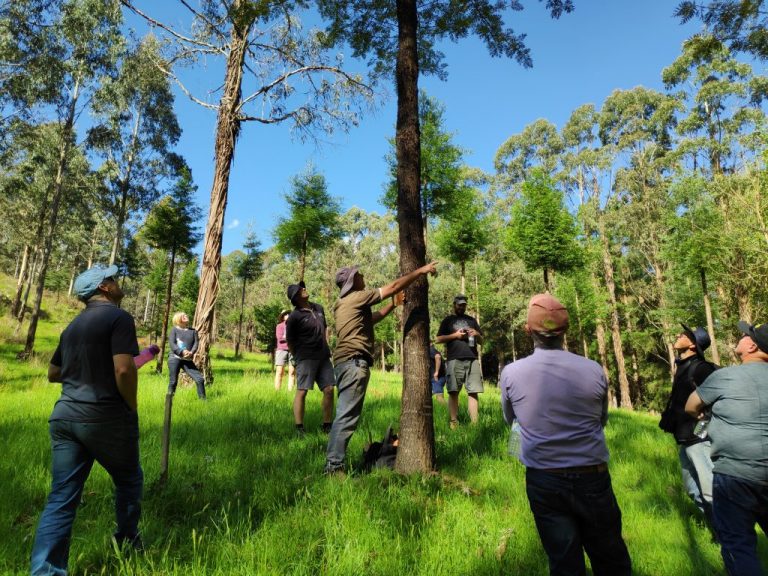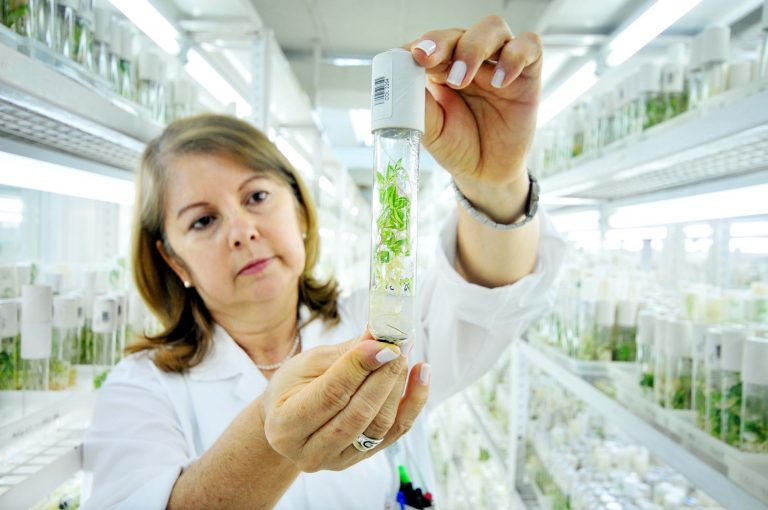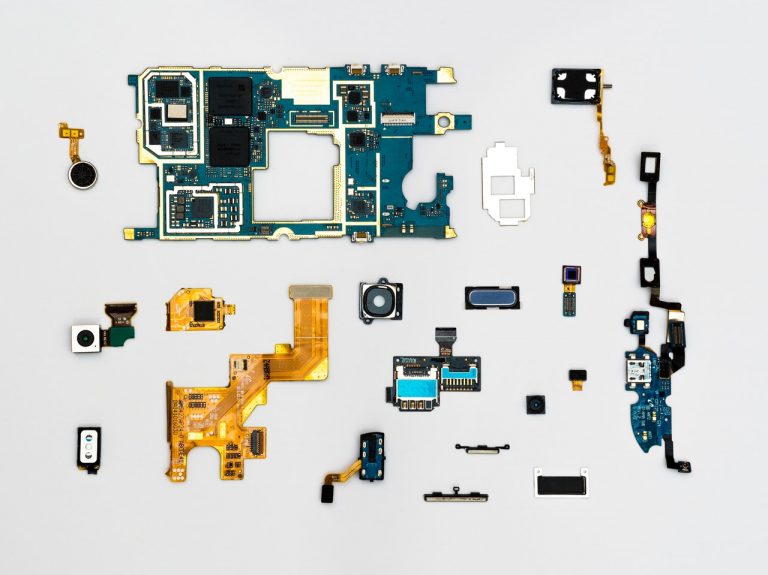The large field of biotechnology might be thought of as part of many other related disciplines, such as biochemistry. Biotechnologists strive to understand the nature of biological organisms, from the genes at the molecular level to the mechanisms at the cellular level, all the way to whole organisms and how they perform their work.
Biotechnologists are also tasked with making use of this knowledge in a way that can make people’s lives better. This duty includes making better crops, developing better biofuels, or creating new drugs or disease-fighting treatment plans, as they gain understanding.
Biotechnologists will often specialize in a particular subject so they can master the concepts and material more fully. If you’re thinking about working in biotechnology, continue reading. We will give you an overview of this career.

Necessary Education
Certain universities do have dedicated biotechnology majors, although even these are often broken down into more specific areas of study, such as microbial biotechnology or plant-based biotechnology. All students hoping to become biotechnologists will be required to have a strong education in life sciences, physical sciences, and math.
PhD programs in biotechnology are often known to be interdisciplinary or explicitly medical biotechnology. As a result, more general applications can be somewhat hard to find. Those who want to become biotechnologists could also consider programs in biochemistry, molecular biology, bioinformatics, or genetics. The knowledge gained in these programs is still highly relevant to the field. Medical biotechnologists may also consider pursuing an MD at the same time, allowing them to become a biotech-focused scientist-physicist.
Career Options As A Biotechnologist
Biotechnology jobs rarely use the general title. Instead, positions are usually referred to by the specific field they may be working in, such as biochemists or biophysicists. Biochemists and molecular biologists focus on the processes and evolution of cells, looking for ways to adapt this knowledge to the benefit of society.
Biophysicists are looking at physical means, such as protein formation, to understand better how they function and ways we can use them to create substances we need. Agricultural scientists are researching plants in food crops, hoping to increase harvests and improve the ability of plants to survive. These efforts also include genetic engineering.
In biotechnology, you should select a specific path. Finding a biotech job will be much simpler if you can narrow your search down to a particular field. Choose a place to concentrate on before you continue your job search or go off to graduate school. Agriculture, cancer research, food science, and pharmaceutics are popular areas for biotechnologists.
Average Salary Of A Biotechnologist
Biochemists and biophysicists in 2018 had a median annual salary of $93,280, according to the Bureau of Labor Statistics. It is expected that the employment of biochemists and biophysicists will grow by 6% over the next 10 years. This is just slightly faster than average, with much of the growth driven by the need for new medicines and alternative fuels.
Agricultural and food scientists had a median annual wage of $64,020. However, those with higher degrees are likely to be paid better. It was predicted that agricultural and food scientists would see a growth of 7% over the same time frame.

Conclusion
Due to the variety of fields covered by the biotechnology label, several degrees could potentially lead to a career as a biotechnologist. As with most other scientists, study usually requires a Ph.D., but those with a bachelor’s or master’s degree may be able to find employment helping biotechnologists with their tasks.
For more careers related to biology and technology, click here.
Also read – Do You Want To Become A Psychological Medical Transcriber? Here’s How.












